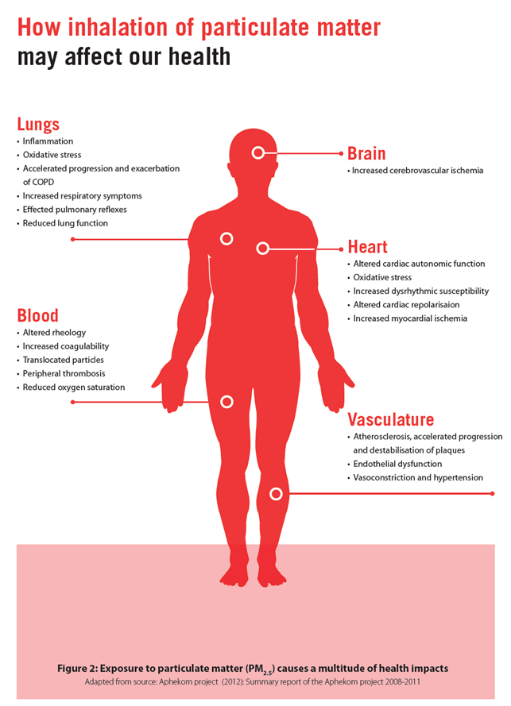The Green 10 coalition, which HEAL is a part of, encourages the President of the European Parliament Roberta Metsola upon her re-election to put the climate, biodiversity and pollution emergency at the forefront of her tenure.
Dieselgate has put the high health impacts from polluting diesel cars into the public and policy-makers’ spotlight. On the occasion of a high-level debate in the European Parliament on the follow up to the emission scandal, health groups are issuing an urgent call to phase out diesel cars as a necessary way to protect public health and a first step for greater healthy mobility.
“Dieselgate is a symptom of a way of life and policy approach centered around cars and trucks“, said Anne Stauffer, Director for Strategy and Campaigns at the Health and Environment Alliance (HEAL). “The emissions scandal has shown that diesel cars are not the solution for tackling climate change. Even if emissions from diesel cars were reduced to the legal limits they would continue to pollute and harm health. Dieselgate should therefore be the opportunity to consider more holistic and transformative measures on mobility in urban areas– by reshaping the systems that sustain our cities, by promoting sustainable and active transport and by fully connecting the climate and public health debates“.

Diesel cars emit particulate matter and NOx which contribute to air pollution, particularly in urban areas. Poor air quality causes heart and lung disease, cancer, and a range of other health impacts. Polluted air has now also been established as a risk factor for obesity and diabetes. People living in cities, those already suffering from disease (asthma, COPD, heart conditions, and others), children, and those economically deprived are particularly at risk.
The International Agency on Cancer Research (IARC) has confirmed already in 2012 that diesel exhaust causes cancer.
And recent studies estimate that globally, excess diesel emissions lead to 28,000 premature deaths annually. In the EU-28, Norway and Switzerland, it is estimated that pollution from diesel cars leads to 10,000 lives cut short, 50% of which could be avoided if pollution limits were respected.
Numerous health initiatives, organisations and local governments are pushing for better air, with examples like the Unmask My City initiative in many cities around the globe and Doctors against Diesel in the UK, as well as community monitoring in countries like Germany, Italy and the UK. Local authorities are also spearheading the move towards healthy and sustainable mobility with diesel bans announced for Paris, London, Brussels, Rome and Madrid.
While rising public pressure is encouraging and vital to advancing clean air in European cities, the WHO noted already in 2013 that “exposure to air pollutants is largely beyond the control of individuals and requires action by public authorities at the national, regional and international levels. A multisectoral approach, engaging such relevant sectors as transport, housing, energy production and industry, is needed to develop and effectively implement long-term policies that reduce the risks of air pollution to health”.
With that in mind, HEAL urges policy-makers to ban diesel as soon as possible throughout Europe and do so in a holistic way. Instead of simply diverting pollution, all relevant sectors must be involved to reshape the way we live, consume, work and move, away from a car culture towards transport systems fuelled by renewable energy forms that ensure clean air as well as promoting active transport.
EU-level policy steps towards healthy road transport include:
- Involve the health sector and citizens in air pollution and climate action strategies
- Set an ambitious EU timeline for a diesel phase-out strategy
- Set health protective occupational exposure limits values to diesel exhaust emissions across the EU
- Update air quality standards to reflect the latest health evidence
- Prioritise climate measures that have benefits for health and air quality
- Prioritise addressing health vulnerabilities and inequalities when taking action on mobility and transport across the EU
Contact
Elke Zander, Communications and Media Coordinator, elke@env-health.org, +32 (0)2 234 36 47



